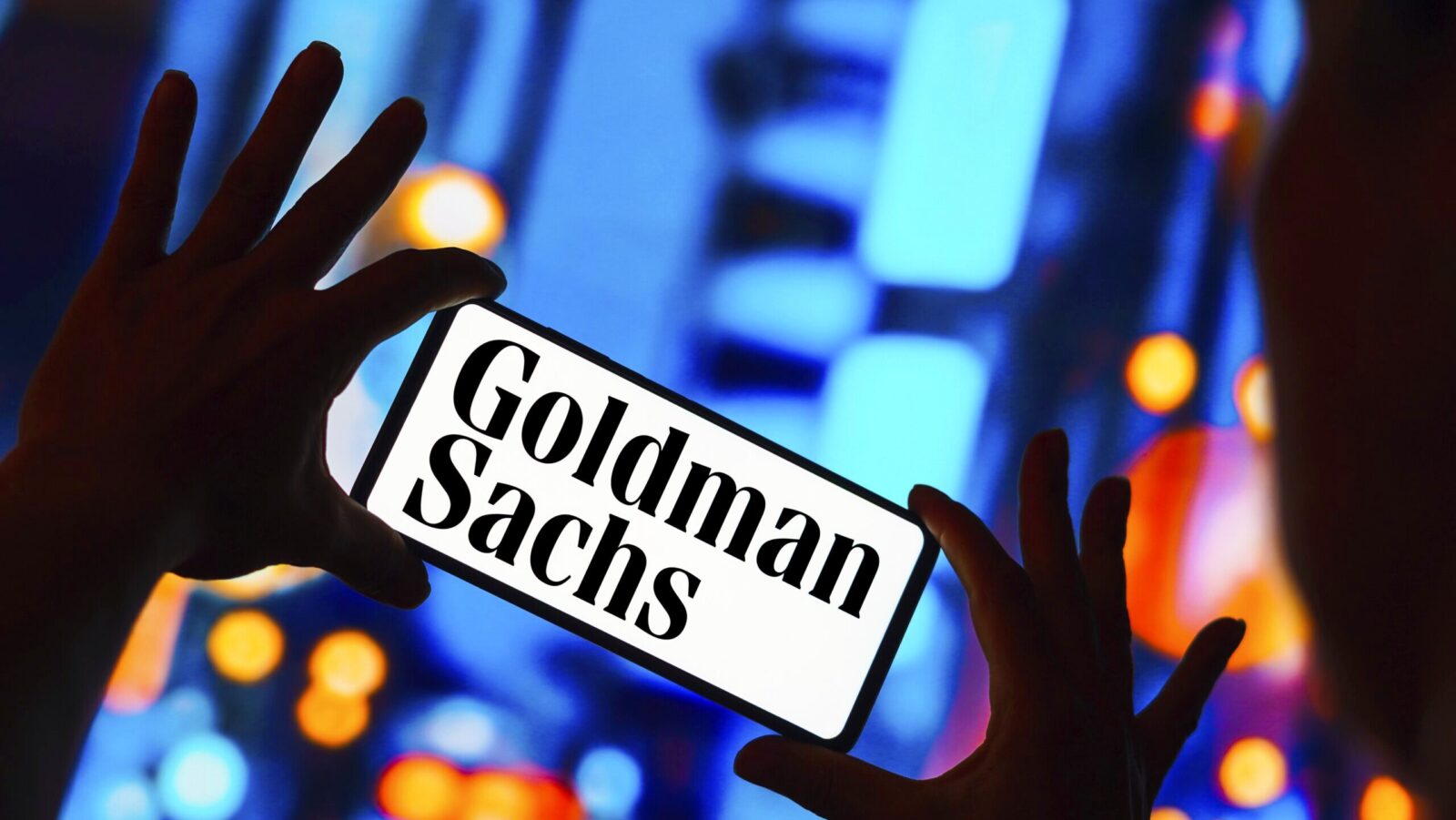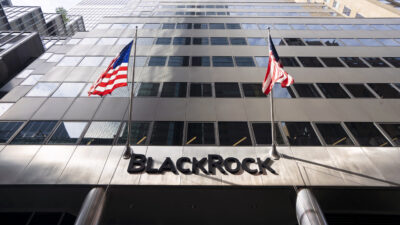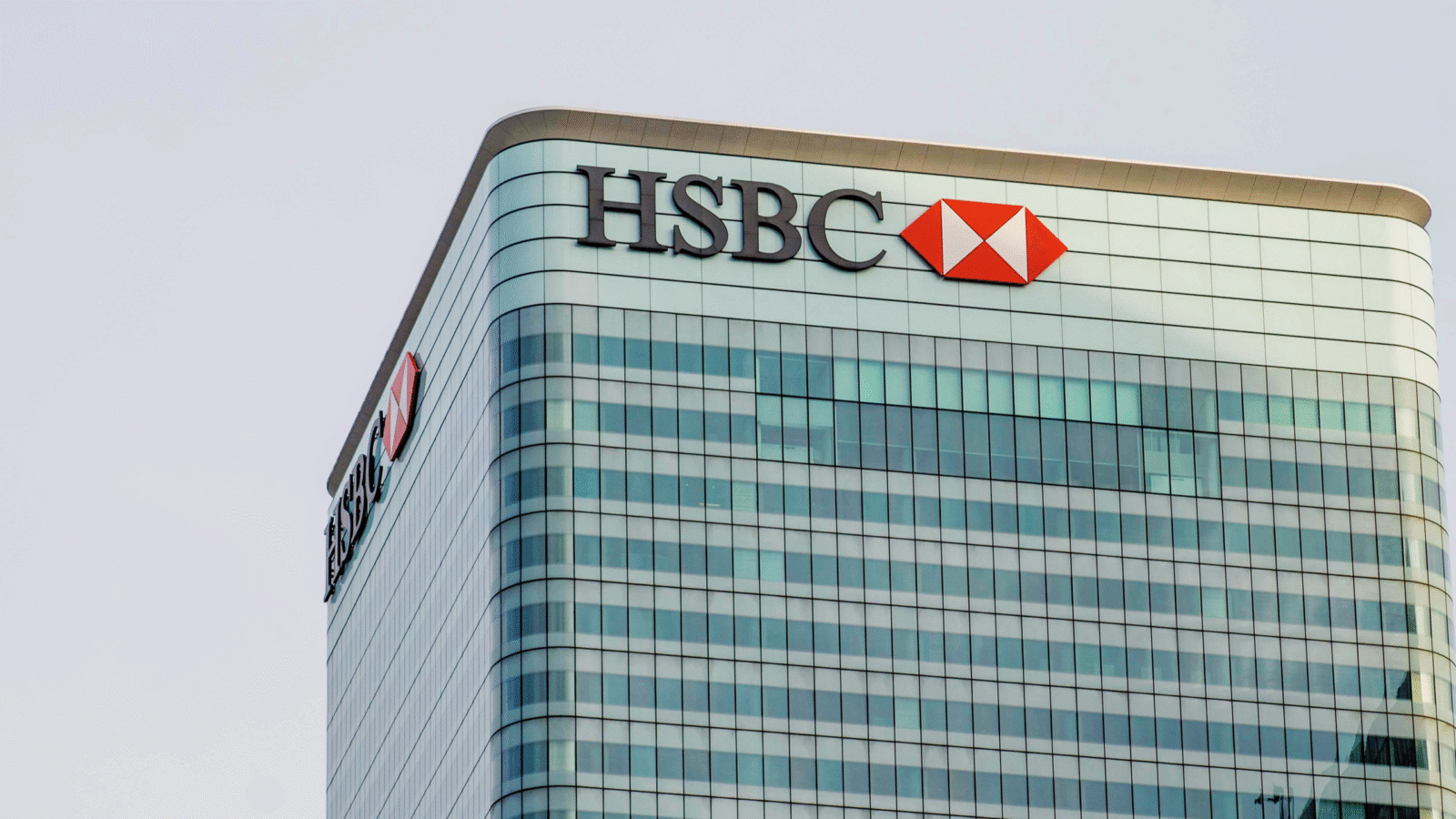
Sign up for smart news, insights, and analysis on the biggest financial stories of the day.
SPACS may have gone splat, but the SPAC kings made a killing. Now comes the legal SPAC attack.
According to a new Bloomberg report, a wave of lawsuits backed by scorned investors are hitting SPAC-happy executives like Chamath Palihapitiya and Alec Gores, who, more often than not, made out with small fortunes even as newly-public companies crashed and burned.
Beware the SPAC Men
The SPAC pitch to investors was always simple: Back a so-called blank-check special-purpose acquisition company as it IPOs, then make bank when it eventually acquires and takes public a startup or private company. But the math oh-so-rarely worked out in most investors’ favor. Over 100 companies that have completed SPAC mergers since late 2018 have seen their share prices plummet over 90% since public market debuts, according to Bloomberg’s analysis. Here’s another stat to make you wince: over $100 billion in value has been wiped off companies that went public via SPAC mergers, with at least 12 having already filed for bankruptcy, according to a recent analysis from The Wall Street Journal.
The math did, however, work for many of the orchestrators. SPAC executives and major early investors in companies that went public via SPAC mergers scored $22 billion in share sales, often by executing trades right before or right after said mergers, according to WSJ. A bevy of lawsuits now allege the game was rigged, with SPAC executives incentivized to push and encourage deals — even those to take risky or unsustainable startups public — thanks to the promise of massive windfall sales of their founder shares on the other side:
- Here’s a prime example: According to filings, when Palihapitiya’s SPAC company took Virgin Galactic public in Fall of 2019, the SPAC king scored $310 million from selling shares while Virgin founder Richard Branson raked in over $1.4 billion. A lawsuit now claims the company misled investors about the viability of its space-tourism vehicles while pushing through the merger.
- According to Bloomberg analysis, dozens of lawsuits alleging similar executive misbehavior, including 21 filed since just June of last year, have been filed in the Delaware Chancery Court, where merger disputes are often settled. Over 60 SPAC-related class action lawsuits have been filed nationwide since 2020, Woodruff Sawyer consultant Yelena Dunaevsky told Bloomberg.
Always Be Merging: “The incentives were to close a deal, any deal,” Usha Rodrigues, a corporate law professor of corporate law at the University of Georgia, told Bloomberg. “There were too many SPACs chasing too few targets and inevitably companies went public that weren’t good candidates for the public market.” The next time you have a fever, SPAC-induced or otherwise, save your money and just take an Advil.











